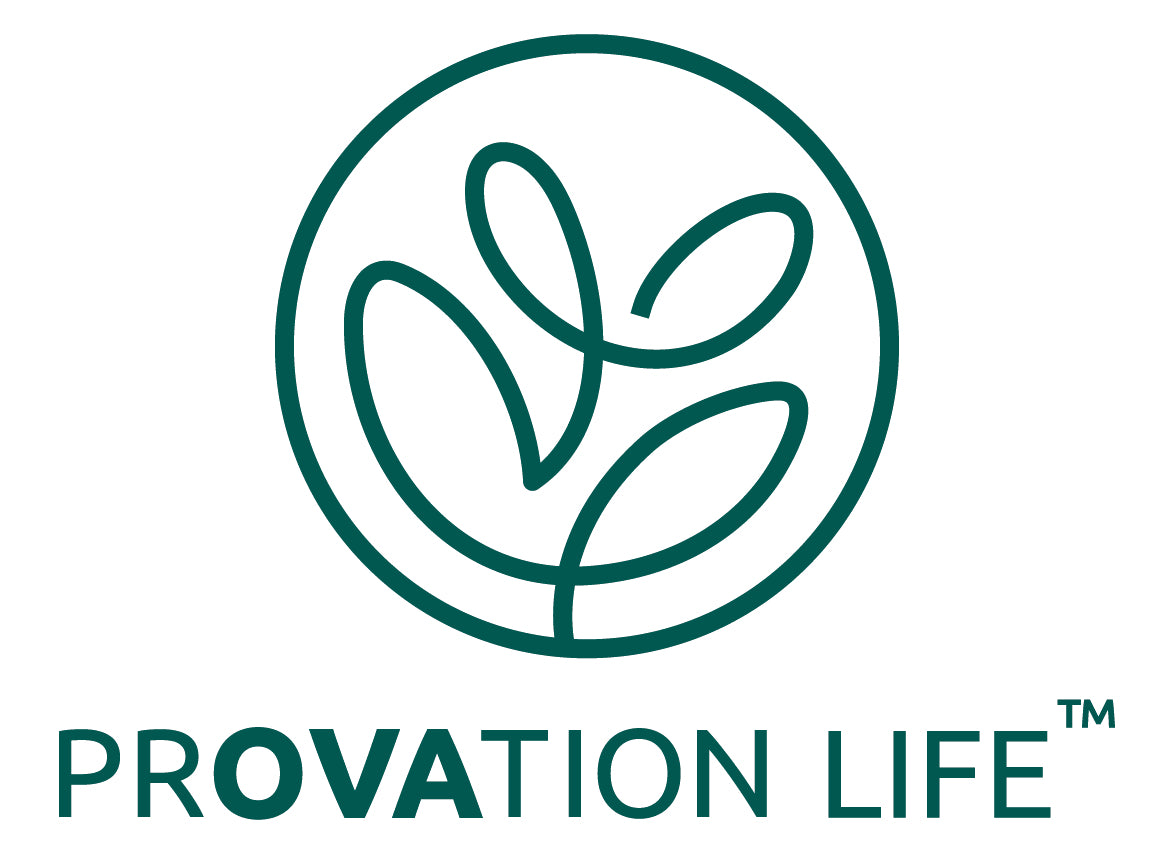Embracing Plant-Based Diets for Managing PCOS - A Trending Solution for PCOS
by Herman Weiss on Aug 01, 2023
Introduction:
PCOS affects millions of women worldwide, and it's a complex condition that can lead to various health challenges. Unfortunately I have seen an increasing number of patients present to me with signs and symptoms of PCOS.I have my personal thoughts about why we are seeing more and more patients with PCOS, one glaring issue is our poor diets and in recent years, a trending solution for managing PCOS symptoms has emerged - embracing a plant-based diet. This dietary approach has gained popularity among women with PCOS due to its potential benefits in addressing hormonal imbalances, insulin resistance, and weight management. In this article, we will explore the benefits of adopting a plant-based diet and if it may positively impact women with PCOS.
Understanding PCOS and its Challenges:
Women with PCOS often face difficulties with fertility, weight management, acne, hirsutism, and mood fluctuations. Insulin resistance is also a common underlying issue, affecting blood sugar levels and increasing the risk of type 2 diabetes.
The Potential Benefits of a Plant-Based Diet:
- Improved Insulin Sensitivity: Plant-based diets, when appropriately planned, can improve insulin sensitivity, which is beneficial for women with PCOS, as it helps stabilize blood sugar levels and supports hormonal balance.
- Weight Management: Some studies suggest that a plant-based diet may aid in weight loss and maintenance, which can positively impact fertility and reduce the risk of certain health issues associated with PCOS.
- Nutrient-Rich Choices: A well-balanced plant-based diet emphasizes whole foods such as fruits, vegetables, whole grains, legumes, nuts, and seeds, providing a rich array of essential vitamins, minerals, and antioxidants.
- Anti-Inflammatory Properties: The high antioxidant content in plant-based foods may contribute to reduced inflammation, potentially alleviating PCOS symptoms linked to chronic inflammation.
- Healthy Fats: A plant-based diet typically encourages the consumption of healthy fats, such as those found in avocados, nuts, and olive oil, which can support hormone production and regulation.
Moderation and Personalization:
While there are potential benefits, it is crucial to remember that no single diet fits all. Adopting a plant-based diet does not necessarily guarantee improvements in PCOS symptoms, as individual responses to dietary changes can vary significantly.
- Balanced Nutrition: Whether you choose a plant-based, omnivorous, or another dietary pattern, the key is to prioritize a balanced intake of essential nutrients. Seek guidance from a registered dietitian or nutritionist to design a personalized plan that suits your health needs.
- Protein and Nutrient Considerations: Women with PCOS should be mindful of adequate protein intake and essential nutrients like iron, vitamin B12, calcium, and omega-3 fatty acids, which can be obtained through a well-planned plant-based diet or supplements if necessary.
- Lifestyle Factors: A holistic approach to PCOS management involves not only diet but also stress reduction, exercise, sleep, and self-care practices. Addressing lifestyle factors collectively can lead to more comprehensive symptom management.
Conclusion:
While a plant-based diet holds promise in managing PCOS symptoms, it is essential to approach this choice with moderation and individualization. Each woman with PCOS should work closely with healthcare professionals to create a balanced nutrition plan that meets her specific needs and health goals. Remember that small steps towards a healthier lifestyle can lead to significant improvements, regardless of the dietary path chosen. Keeping in mind it did not start overnight, it certainly won't go away overnight but the gradual and consistent effort put in will pay dividends in the log run. By embracing a balanced and personalized approach to nutrition and lifestyle, women with PCOS can empower themselves to lead healthier, more fulfilling lives.












